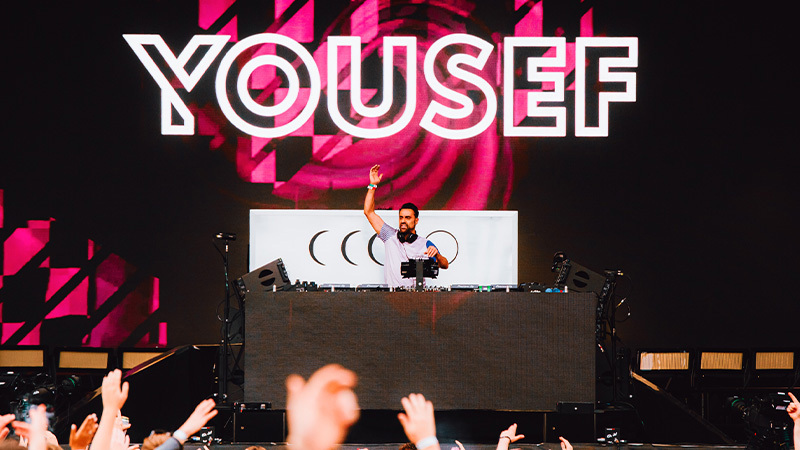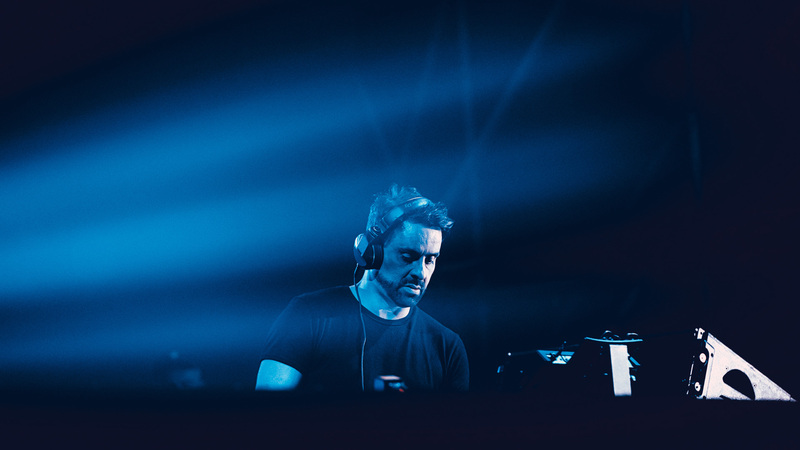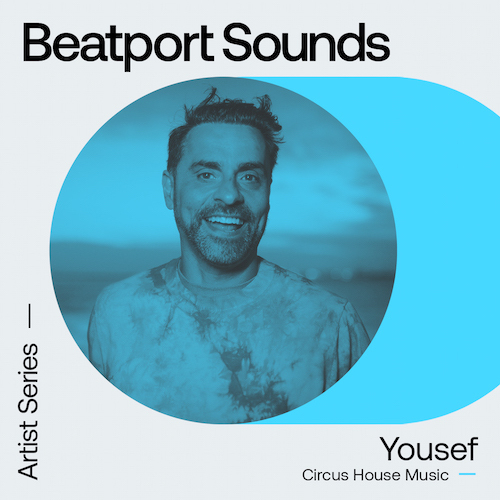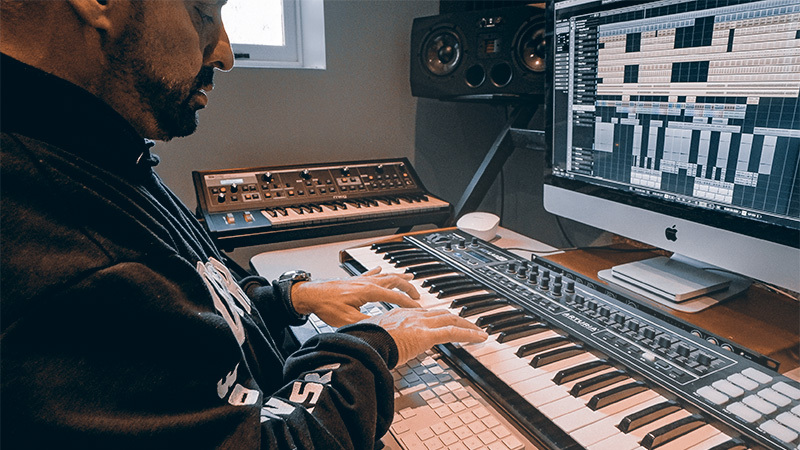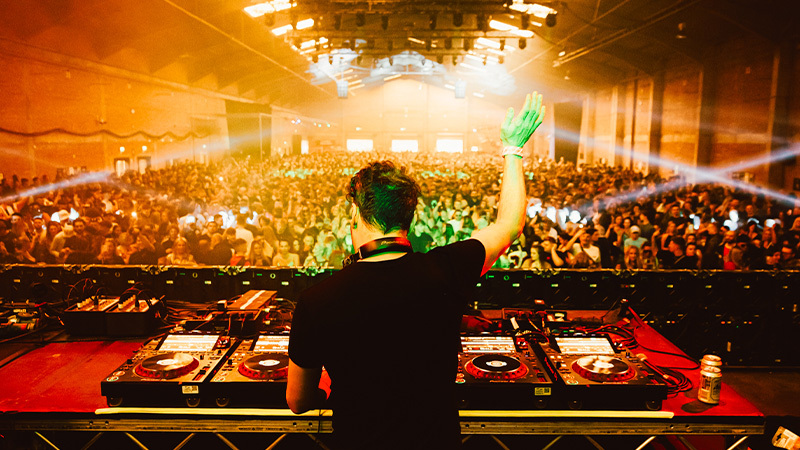Blog
House Icon Yousef shares his Philosophy on Sample Production and Performance
21 Sep '2023
Explore Tech House trailblazer Yousef's journey from iconic UK house DJ to prolific producer and his latest venture into sample packs with Circus House Music.

Yousef is an icon of the UK house scene. On his way up in the 90s the Liverpudlian DJ commanded residencies at London’s Ministry Of Sound and Liverpool’s Cream, the latter of which soon became the petri dish from which Yousef’s own night Circus would emerge.
But Yousef’s talents don’t just lie behind the decks, he’s a talented producer as well with nearly two decades of releases that feature collaborations with Four Tet, Jamie T, Harry Romero, CamelPhat and more.
Now the multi-talented artist is moving into a new realm with his first Beatport Sounds sample pack. Named after his legendary club night, Circus House Music contains all the sounds you need to channel Yousef’s one-of-a-kind energy into your own music. We sat down with him to learn a bit more about his music production and performance workflow.
You can download Yousef’s new sample pack Circus House Music now from Loopcloud.
What’s your production setup like? How has it evolved over the years?
My setup these days is very much in the box. I've got my little fatty over there, which is great for bass sounds and kind of arpeggiated craziness, and texture. But really – even from day one – I've largely been an in-the-box guy. I used to kind of have a traveling laptop all the time and I made tunes and edits on the road. But I found it was compromising my ears – I needed to make sure that my ears had a rest from the kick drum, so I strictly make music in a room now.
What inspires you when you’re in the studio?
I take my inspiration from all places. When I’m at home, I very seldom listen to electronic music at all. At the moment, I'm really listening to 1920s and 1930s really poorly recorded jazz and things like that. I love that kind of gentle frequency of old Louis Armstrong records and it puts me into a kind of space where I feel relaxed enough to come back to the studio and make some tunes.
I've had the same language that I speak since day one. Everyone is kind of surprised that I still use Cubase. I’m on Cubase 12 – I need to update it if I’m honest. But yeah, a lot of people are confused why I'm not going to Ableton. I used Logic for a moment, but I didn't find it useful for me. But Cubase is a language I've spoken for 20 years, I suppose.
But back in the day, or even a few years ago, it was going out and listening to other DJs. They would inspire me to come into the studio. But because my life is so busy now with touring, running label events, being on the road, looking after my children, I usually make music as my downtime, believe it or not, where I come in here to relax. It's something that I need to do, along with exercise and eating quite well. If I come in and make some tunes wherever I am. It's the one part of me that really takes the edge off of my day. So it's really important for me, and that's what's the most inspirational part of it for me at the moment.
How is performance a different discipline to production?
I think production and performance are two completely different things for me. Of course, they’re intertwined but with production you can be more patient, take your time, pop in and out of the studio and follow your kind of gut feelings. I guess what you can take from that is, when I make music, it tends to have a point, you know, and I think I like to carry that into my DJ sets, as well like to make sure that it moves from a certain place to another place.
But at the same time, every environment is completely different. And the only thing that's always the same is that it's your job to rock it, it's your job to go into that environment, feel it out, understand maybe what's going to be best within your music for that audience, and then give it everything you've got. I think it's really important that you're enormously respectful to the audience who have come to pay to get in for a start, and they’re there to see you and to have a night out.
Also, for me, I really want to make every single DJ set the best they can be for me, as in like, the skill level. I must be playing new music – not all of it – but I like to play a core percentage of completely brand new tracks I’ve only got that day because that keeps me on my toes and excited. And if you see me jumping around, and all those things, it's not because I’m a show pony, it's because I'm literally having the best time playing new music to an audience that's really into it.
On the other hand, if it's more of a patient audience or more of a groove-led thing – or you're playing back-to-back with someone – it's nice to give yourself a little bit of space. But I think these days, the opportunity to do the journey set is becoming less and less available. People just want the moment big, big, big, big, big, big, big big, which is kind of cool and fun. But I think it's against the spirit of house music in some ways. At the same time, to be a DJ, you're there to entertain, so it's kind of a trade-off between the two things.
Yousef’s Beatport Sounds sample pack Circus House Music is available to download now from Loopcloud.
